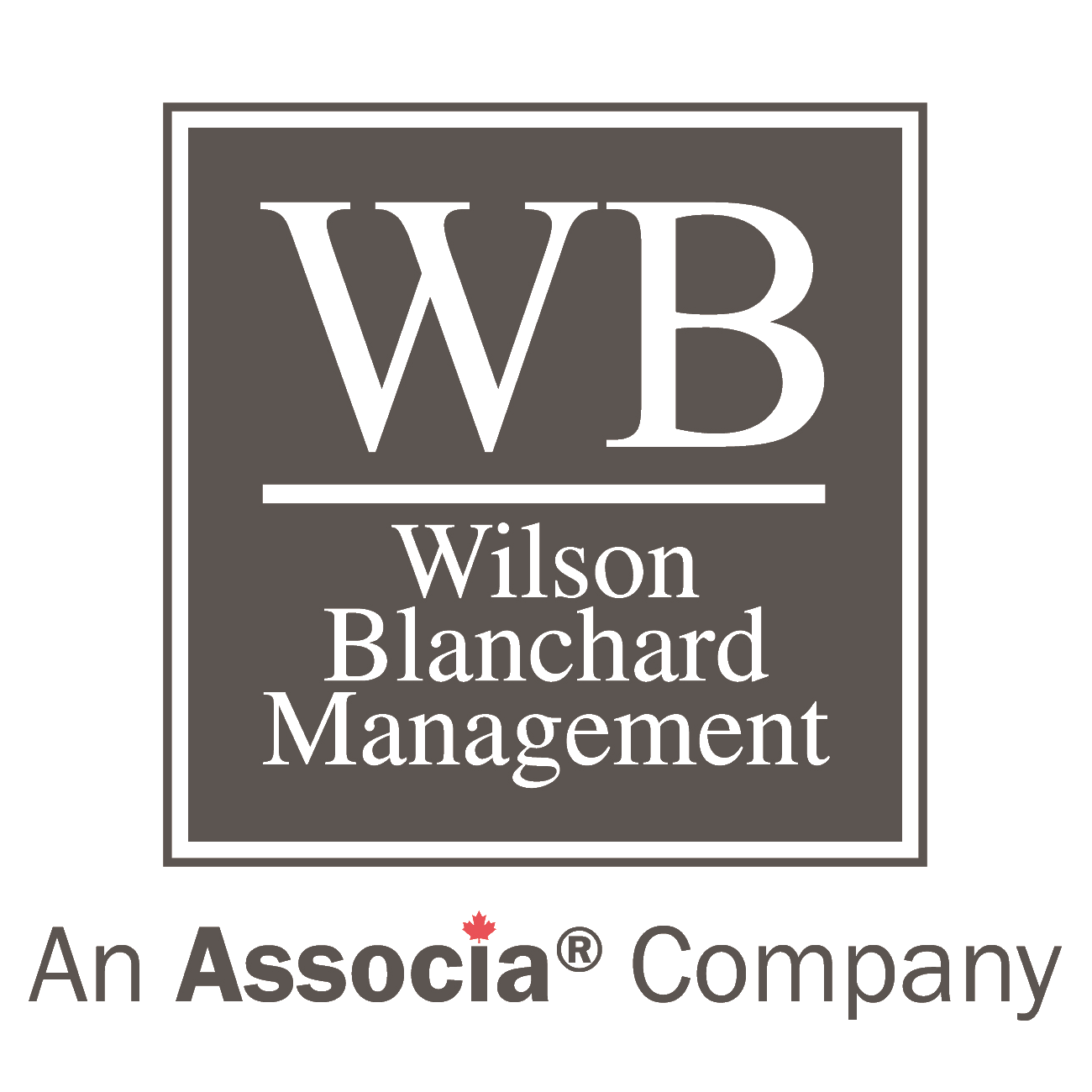The Dos and Don’ts of Condo Meeting Agendas
Meetings, and the decisions that come from them, play a critical role in maintaining and determining the future of a condominium community. Whether it’s an annual meeting or periodic board, committee, or project meeting, it’s important that these gatherings are productive and accomplish the intended goals. A well-prepared agenda can make or break your meeting—differentiating what will be a worthwhile get-together versus a long, drawn-out affair. An agenda sets the pace of a meeting and offers a schedule of discussion topics, keeping everyone on track. Read on to learn what to do—and what not to do—when forming a condo meeting agenda.
DO: Create and follow a standardized template.
Creating and following a standardized agenda template provides guidance to new board members who aren’t familiar with condo meeting structures and ensures meetings are consistent and critical business matters aren’t forgotten.
Meeting agendas typically follow this format:
- Meeting Name
- Date, Time, Location
- Call to Order
- Roll Call
- Approval of Last Meeting’s Minutes
- Officer Reports
- Action Items
- Committee Reports
- Old Business
- New Business
- Adjourn
DON’T: Forget to review your governing documents and applicable laws.
Agendas set the course of action for the meeting, and minutes provide a legally binding record of what occurred at the meeting. Confirm everything on your agenda aligns with all applicable local, provincial and federal laws and your governing documents.
DO: Mark start times for each agenda item.
One way to control the length of a meeting is to use a timed agenda. To do this, note the actual start time next to each agenda item and then provide an estimate of how much time the discussion should take. A timed agenda will allow attendees to re-focus if a topic is discussed outside of the scope of the agenda or participants become verbose. Meetings over one hour are a key reason for poor meeting attendance.
DON’T: Expose confidential information.
Confidential information, such as pending lawsuits, details about specific homeowners, employees or vendors, and other similar topics, should be discussed in executive meetings, which are open only to board members. Be careful not to discuss these topics at public meetings, or your corporation could quickly become involved in litigation.
DO: Create an agenda policy that addresses homeowner input.
It’s beneficial to have a formal process that clarifies how homeowners can suggest agenda items. The process should be applied consistently to avoid the perception of favouring one homeowner over another. You can include specific criteria, such as a submission deadline or a required petition signed by a certain number of homeowners to show support for their idea.
DON’T: Feel pressured to include every agenda item proposed.
You should always thoughtfully review and consider adding agenda items proposed by homeowners, but you aren’t obligated to add every item proposed. Regardless of the outcome, it’s best to let your homeowners know that you appreciate their suggestion and carefully consider it. Here’s what to do with homeowner input:
- Add their suggestions to the current meeting’s agenda.
- Delay discussion and add it to a future meeting’s agenda.
- Include a homeowners’ open forum on the agenda.
DO: Share the meeting agenda in advance.
At the very minimum, provide the meeting agenda to all board members, giving them adequate time to create reports, study issues, and prepare for discussion. Some meeting types such as the AGM also require you to share the agenda with your homeowners prior to the meeting and specify how far in advance the agenda must be made available. Giving advanced notice will help spur attendance and boost confidence and trust between the board and homeowners, too.
Learn More Great Tips About Condo Meetings
A consistent, comprehensive agenda is a great first step in ensuring your meeting is successful and productive. Want to learn more about improving the planning, structure, and attendance at meetings? Check out “Parliamentary Procedures: The Secret to More Effective Board Meetings” for tips on organizing an effective meeting, best practices for working with different personality types, and more.
